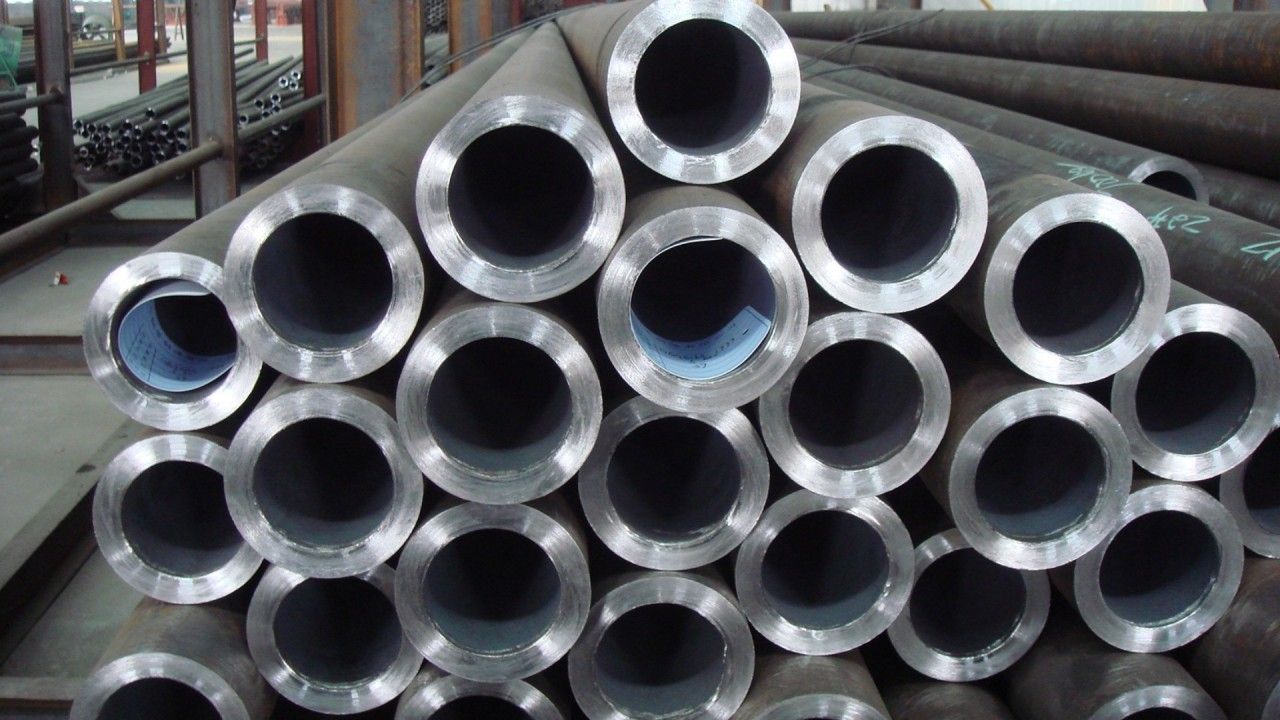The construction industry relies on mild steel pipes of Schedule 40. It is because they have the necessary strength, versatility, and affordability that today’s developers and engineers require. Because they are made mainly from low-carbon steel, these pipes have the best combination of strength and ease of use, which makes them popular in many construction sectors. Because building codes and material standards keep changing, Schedule 40 Pipe Specifications are increasingly preferred in construction these days.
Structural Framework and Building Support
Mild steel pipes from Schedule 40 are typically used in the structural design of buildings. Because they are strong and won’t deform easily, these pipes are often chosen to support both commercial and residential buildings. Columns, beams, and horizontal supports are called steel studs in steel-framed buildings, and they bear the pressure from walls, ceilings, and roofs. Because of their medium wall thickness and strong tensile strength, they are great for handling stresses and keeping the building stable. Because Schedule 40 pipes are simple to weld and form into various patterns, they are often the choice for architecture projects.
Plumbing and Water Distribution Systems
They are commonly used in plumbing due to their popularity in water, air, and gas lines that need moderate pressure. In all installations, whether above the surface or below, these pipes make sure clean water is supplied and waste is removed. Because they resist both internal and external corrosion, they are more likely to last, which is very important in big construction projects where being reliable cannot be ignored. In commercial buildings, hospitals, schools, and high-rise residences, Schedule 40 pipes are used to create water supply systems that fulfill both building and health standards.
Fire Protection Systems and HVAC
Heating, ventilation and air conditioning (HVAC) systems can gain from using Schedule 40 mild steel pipes. They need materials that can stand up to shifts in temperature and pressure, without becoming damaged. Because they are strong, Schedule 40 pipes can be used to move heated or chilled air and fluids through buildings. Moreover, they are found in fire protection, such as sprinkler pipeline systems. Their ability to stay strong and stable at high temperatures greatly improves safety and helps them meet safety regulations during emergencies.
Protection of Electrical Conduit and Cables
To power the lighting, handle electricity, support safety systems and provide digital connections, modern buildings need a lot of electrical and communication cables. Schedule 40 mild steel is common in electrical work because it protects electrical wiring from things such as mechanical damage, moisture and interference from electric fields. This application is very important in industrial settings and data centers since safe and proper cable management ensures the facility remains operational. With strong construction, these pipes guard against damage and make both setting up and upkeep much simpler.
Fencing, Railings, and Safety Barriers
In addition to supporting internal systems, Schedule 40 pipes are frequently installed in the construction of fencing, guardrails, and safety barriers. They are made with materials that are strong enough to handle the weather and remain intact for a long time. When galvanized, mild steel pipes show good resistance to weather and are affordable for large projects. Schedule 40 pipes are used in highway, bridge, and transportation hub construction to build safe barriers and handrails following strict engineering guidelines.
Support for Temporary Buildings and Scaffoldings
At the construction phase, things like scaffolding, bracing and formwork systems keep workers safe and efficient when they have to work in high or wide places. Because they are strong and easy to put together, schedule 40 pipes are popular in scaffolding. They deliver temporary assistance for workers, materials and tools, making it possible to accomplish complicated construction jobs. Because they can be adapted, they are used for all types of building work, from houses to big infrastructure.
Incorporation in Green and Sustainable Construction
As sustainability is now important in construction, Schedule 40 mild steel pipes are a reusable and recyclable option that supports green building. Their long lifespan means they don’t need to be replaced as often, so less material is wasted during the life of a building. Besides, the energy use in making these pipes has decreased due to updated manufacturing methods, making them a better option for those building sustainably.
Conclusion
Both the range and importance of Schedule 40 mild steel pipes in building today are impressive. Pipes are vital for buildings because they form the frame, supply reliable water and heating and ensure plumbing, HVAC and fire protection. Their toughness, versatility and affordability keep them popular among architects and engineers in today’s building industry. Because the industry is evolving, Schedule 40 pipes will play a bigger role in shaping the built world we will see in the future.

